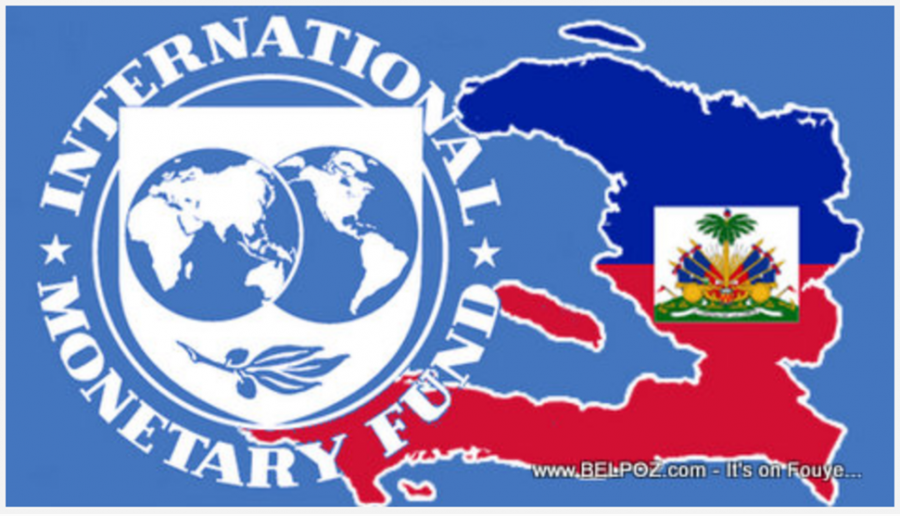The IMF Gives Haiti the Vote of Confidence but No Assistance
September 21, 2018
The IMF Gives Haiti the Vote of Confidence but No Assistance
By Dr. Yven Destin, Upper School History Teacher
Here we go, again. Haiti is back in the news, but this time its people are victims of their government—not as victims of natural or health disasters, the more familiar narrative. Sadly, this latest episode is driven by the Haitian leadership plan to hike fuel prices a whopping 50 percent.
For a nation struggling with impoverishment, what seems insensible is made worst in the way the Haitian leadership went about implementing this price hike.
It seems the government thought it reasonable to implement the hike in gas prices after the World Cup match between Brazil and Belgium, assuming Haitians, who are big Brazil fans, would be too distracted to protest after a Brazil victory. Did anyone in the administration think to ask, what would happen if Brazil lost and the price hike remained?
Haitians took to the streets doubly angered by a soccer loss and the unreasonable hike in diesel, kerosene, and gasoline prices. They blocked roads, riots ensued, a few people were killed, and the Prime Minister of Haiti, along with some other officials, soon resigned over the fiasco.
Believe it or not, there is some rationale for why the Haitian government took this approach. The Haitian leadership was trying to meet one of the conditions of getting an IMF loan. The International Monetary Fund is a global organization that is notorious for lending money to countries so long as they meet certain conditions, which sometimes are unreasonable.
If you ask people from any Third World country what they think of the IMF, most would likely say it is these loan conditions that have had a negative impact on national policies and further destabilized their economies.
Other journalists have criticized the IMF for its practices. One journalist, citing a study, said the IMF disadvantages nations desperate for cash. The researchers likened IMF’s dealings with desperate nations to negotiating “at the barrel of a gun.” Moreover, many of the IMF’s loan stipulations focus on politically contentious areas like wage-cuts and tax hikes, or in Haiti’s case, a contentious hike in gas prices on its poor citizens, which explain the recent developments in the poor nation.
Haiti was therefore a victim of meeting unreasonable IMF loan stipulations and was perhaps under a fast-approaching deadline. But because the IMF believed Haiti could do this is very telling of the way the IMF views the poor nation.
Haiti is classified as the poorest nation in the Western Hemisphere. The island nation’s history of corruption goes back centuries. Haiti is $2 billion in debt. Natural disasters have battered the country, and one particular earthquake was traumatic, and humanitarian organizations manage most of the welfare programs in the country that ought to be the job of the government.
Considering all these google-able facts, why would the IMF still think Haiti could pull off a fuel hike without assistance? If they knew Haiti couldn’t do it, then might the IMF have helped the Haitian government understand the risks and challenges of these conditions????
The answer is the IMF knew that Haiti would not be able to meet the conditions, such as cutting government subsidies (which hitherto maintained low fuel prices) and enforcing tax collection (which would be best implemented in an agreeable political climate). But, instead of saying no to the Haitian government, the IMF let them think a drastic hike was a hail Mary of a shot at improving the country, which it wasn’t.
I mostly blame the IMF. The thought of hiking the fuel prices of a poor country doesn’t come out of the blue. The Haitian leaders may have bungled the approach but is it fair to say to a person who is desperate for water, “Yes, you can have some water, as long as you and your thirsty family can dig up a well.” Haiti is thirsty, but it can dig its own well, it just needs the right help.













